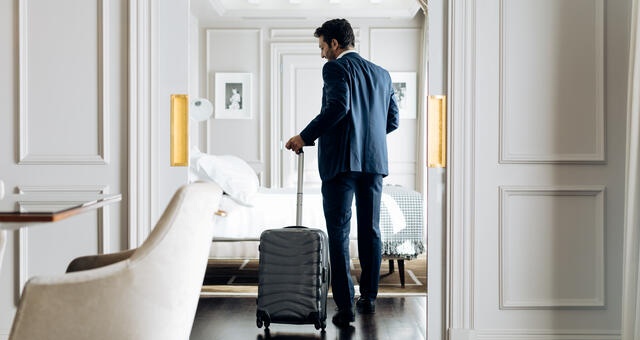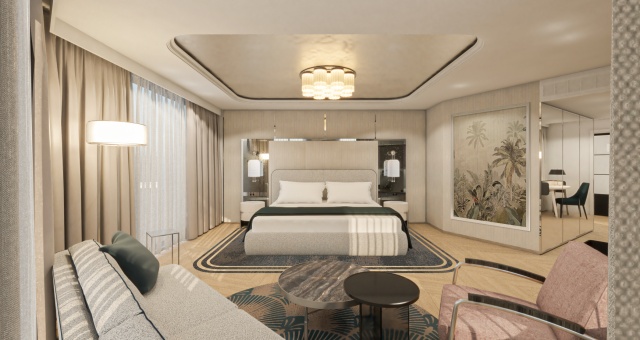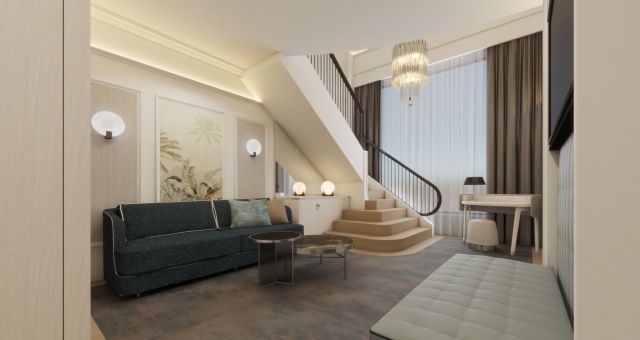The transition to a new post-pandemic world has begun.
Just as COVID-19 infection rates in many countries drop through increased vaccination availability, the hospitality industry is witnessing a steep rebound in the number of guests traveling and requiring lodging services. In the full-service and luxury hotel sectors, for example, STR data reveals that in countries where infection rates are low and steadily declining, occupancy rates have climbed from an average of about 30% during the pandemic to 70%.
However, hotel industry stakeholders recognise that the marketplace has changed. Guests now expect that hotels will offer them safer ways to experience more comfort and convenience. To support this new reality, many hoteliers are investing in new generation hotel guest room management control solutions that revolutionise the way guests interact with their hotel surroundings.
Trends that are driving the push towards automated hotel room control
COVID-19 has accelerated the infusion of new technologies and applications that reduce physical touchpoints and limit guest exposure to potential new viruses across hotel operations. At the same time, traditional challenges such as energy costs, cleaning costs, and customer loyalty continue to define the roadmap to hotel profitability.
High-tech amenities (such as automated room controls) that were once reserved for select hotels are now viewed as necessities, especially in competitive luxury and full-service hotel categories. Technology investments are focused not only on higher comfort and convenience standards, but also on solutions that allow hotels to better prepare for possible future epidemic or pandemic outbreaks with control solutions that are open and extensible.
The kinds of innovations that guests now expect include the ability to avoid standing in long check-in/out lines. Guests also look to using mobile phones as virtual keys, instead of traditional manual keys or cards. Once inside the room, guests also expect a host of new options including the ability to launch live chats with front desk staff from their smartphones, and the ability to engage in ‘touchless’ operation of in-room entertainment, room service, and comfort control systems (i.e. lighting, temperature, and curtains).
Today’s hotel innovations offer openness, flexibility, and reliability
When exploring the marketplace for guest room management solutions, hotel stakeholders should consider four important solution aspects that will enable cost control while improving guest comfort and well-being:
- Open systems that allow for easy integration of a host of third-party applications (such as property management systems (PMS), automated door locks and window blinds, and smart lighting and ventilation systems).
- Modular systems that can offer the flexibility to expand from a base offer to the full solution with minimum cost, enabling hotel owners to easily evolve to meet changing guest needs.
- Cybersecure systems that are designed with a Secure Development Lifecycle process to minimise the risk of unwanted hacker intrusions.
- Insightful, intuitive dashboards that are customisable for any hotel application and preference. Such dashboards provide easy-to-understand trending and reporting data for engineering departments, housekeeping, and hotel management staff.
Preparing to welcome back guests starts now
There is no doubt about the importance of re-establishing peace of mind among business and leisure guests as they ‘return to travel.’ To learn more about Schneider Electric’s strategic hotel solutions that redefine hotel guest loyalty, safety and comfort, visit se.com/au/hotels



